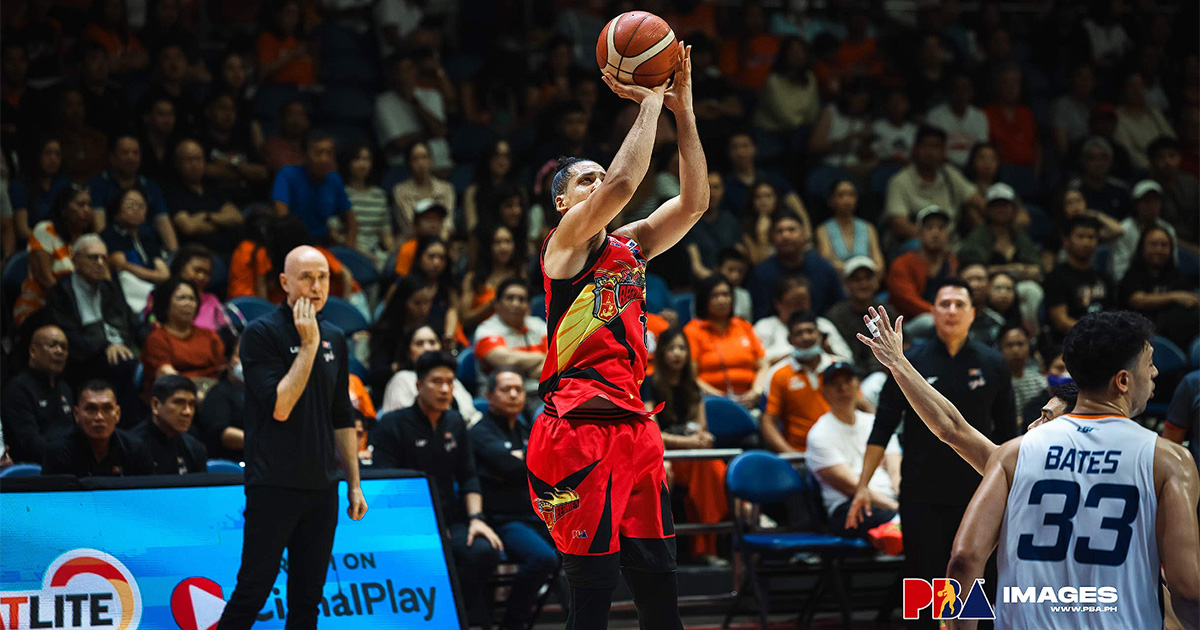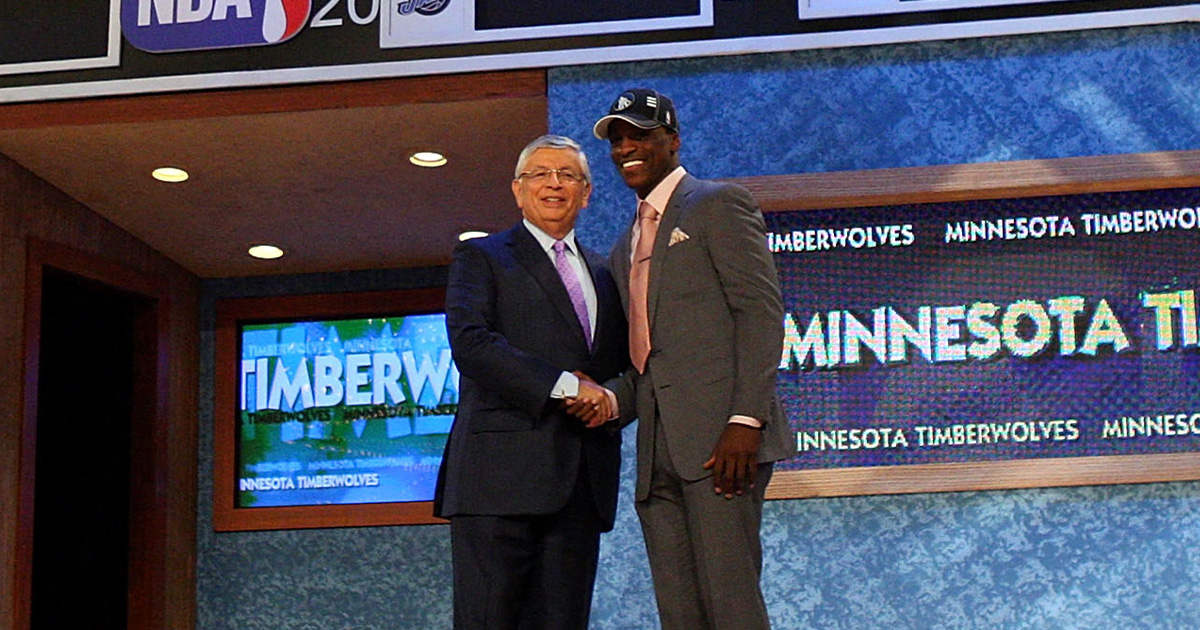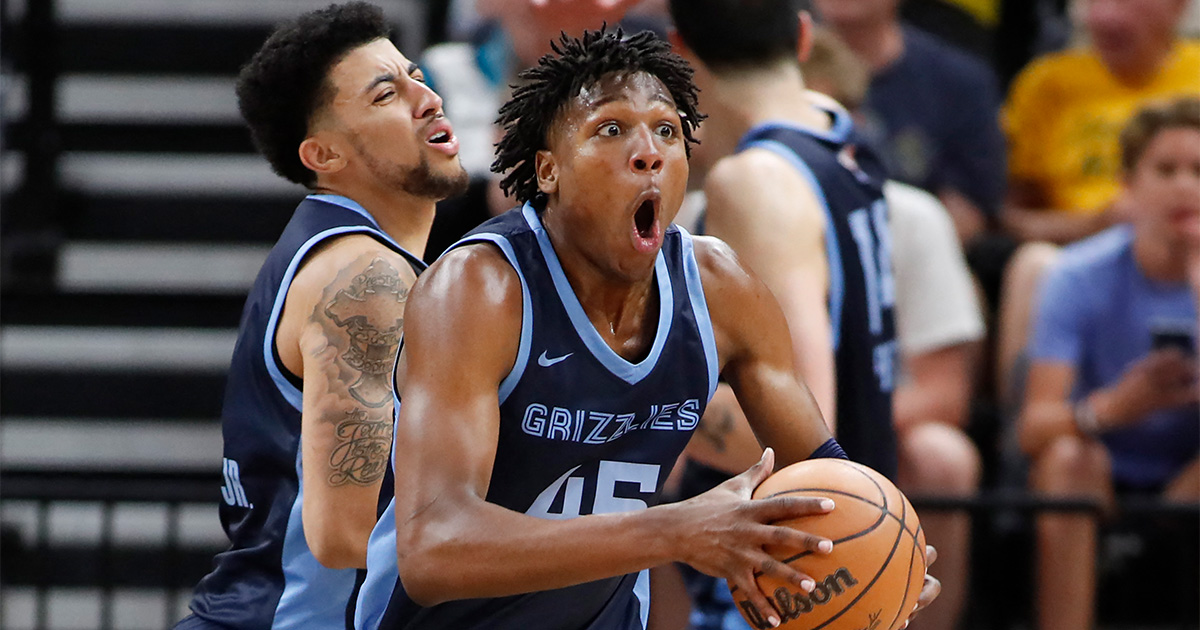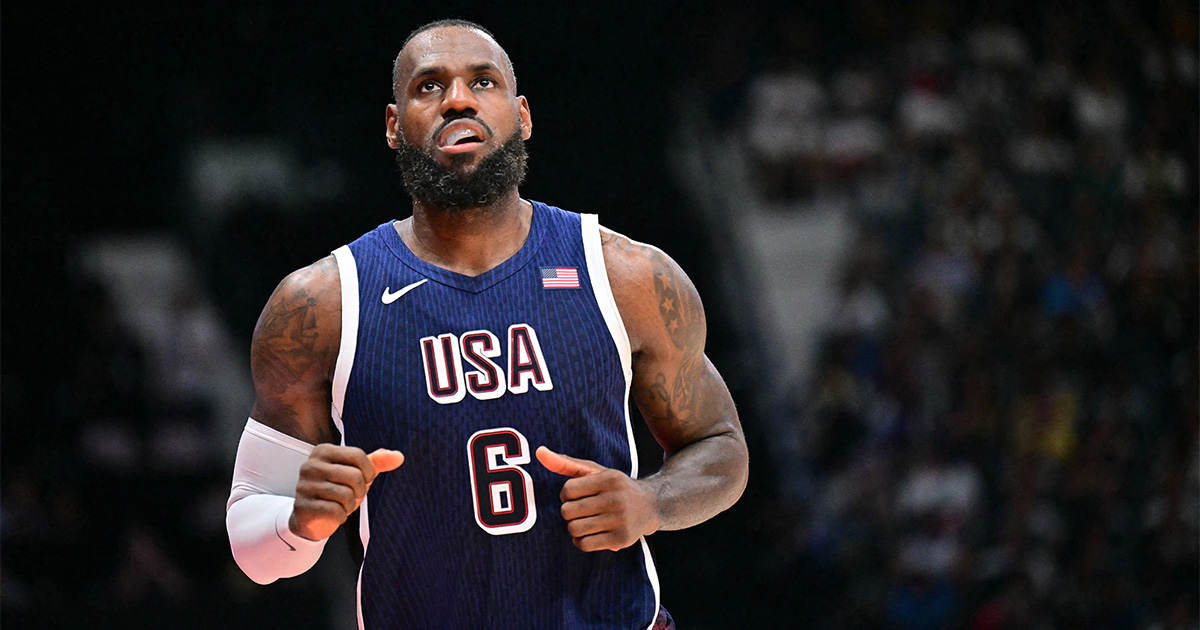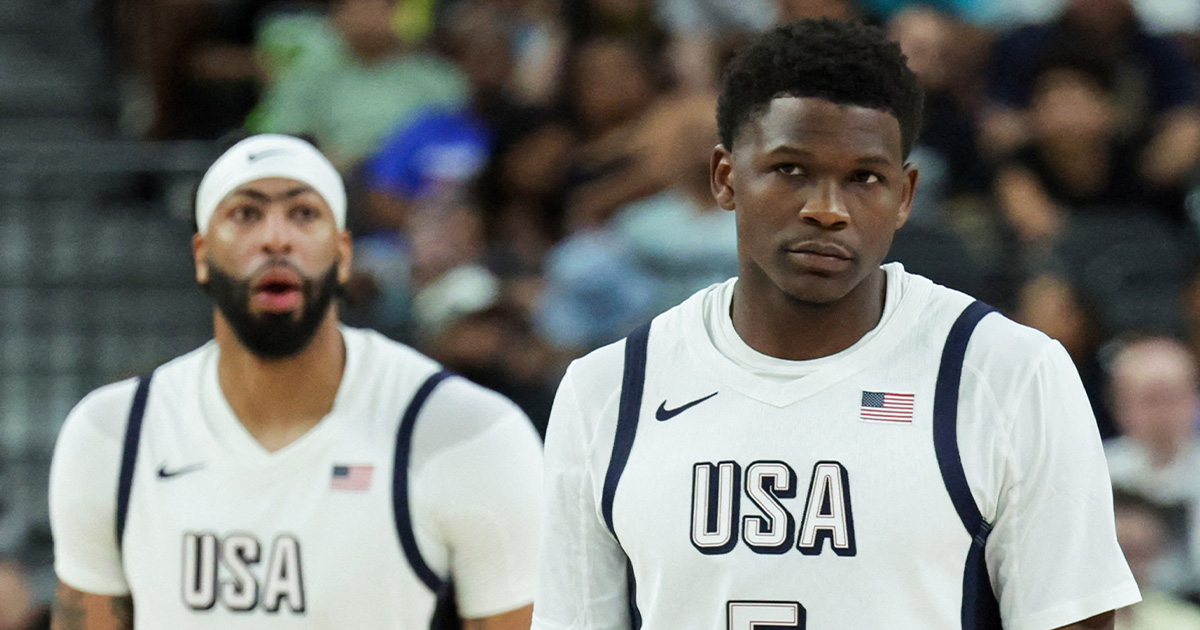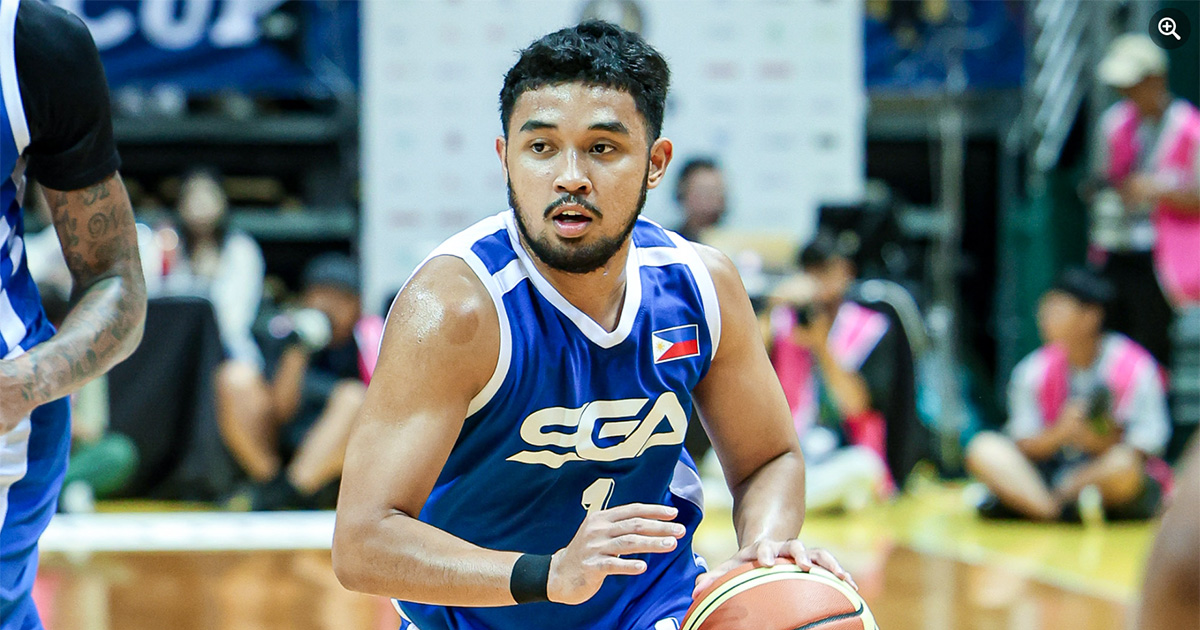Michael Jordan is arguably the greatest basketball player of all time, but his accomplishments on the court have not carried over into the boardroom.
The six-time NBA champion, now 60 years old, recently sold his majority stake in the Charlotte Hornets for $3 billion after acquiring it for less than $300 million back in 2010. The news of the sale first broke in June, but was only approved by the league’s Board of Governors earlier this week. Jordan will remain involved with the team, albeit as a minority owner.
While Jordan may have turned a handsome profit in this deal, the team was far from successful during his time as its owner. The most memorable development with the franchise during his tenure was the name change from Bobcats to Hornets back in 2015.
The team went 423-600 during the 13 full seasons that it was under Jordan’s control and qualified for the playoffs just twice as a lower seed. During those two postseason appearances, Charlotte was led by four-time NBA All-Star guard Kemba Walker who enjoyed the best years of his career with the team.
However, the Hornets did not have even just one more player with an All-Star appearance on their resume on those rosters. This speaks to Jordan’s reluctance to invest more money into the team which ultimately held them back from finding meaningful success.
Charlotte actually had a promising roster that qualified for the play-in tournament in 2021 and 2022, yet this was more a case of the team overachieving rather than meeting expectations. They were in the bottom four in terms of salary cap spending during both seasons, indicating that ownership was not seriously committed towards building a postseason-worthy team.
Injuries suffered by NBA All-Star guard LaMelo Ball ultimately derailed their ‘22-’23 campaign and led to a 27-55 record, though it did earn them the second overall pick in this year’s NBA Draft. In his last major decision as the team’s owner, Jordan and the Hornets used this pick to select Alabama’s Brandon Miller whose versatility and shooting as a 6’9 forward makes him an ideal fit–at least on paper–next to Ball.
Jordan may not have been an ideal owner, yet the team that he is turning over to their new ownership group that is led by former minority stakeholder Gabe Plotkin has some building blocks for the future.
Ball is still a few days shy of his 22nd birthday while Miller is only 20 years old. Incoming sophomore center Mark Williams showed some promise during the second half of last season as well while veterans Terry Rozier, Gordon Hayward, and PJ Washington are still with the team. The return of Miles Bridges should help too, though it remains to be seen how he will perform following his year-long suspension for his domestic abuse charges.
There remains much work to be done for this team’s new ownership group before Charlotte can even be considered a legitimate participant in the Eastern Conference playoff hunt. They have their work cut out for them, but at least the bar for outdoing Jordan as an owner is miles away from the one that he set as a basketball player.










